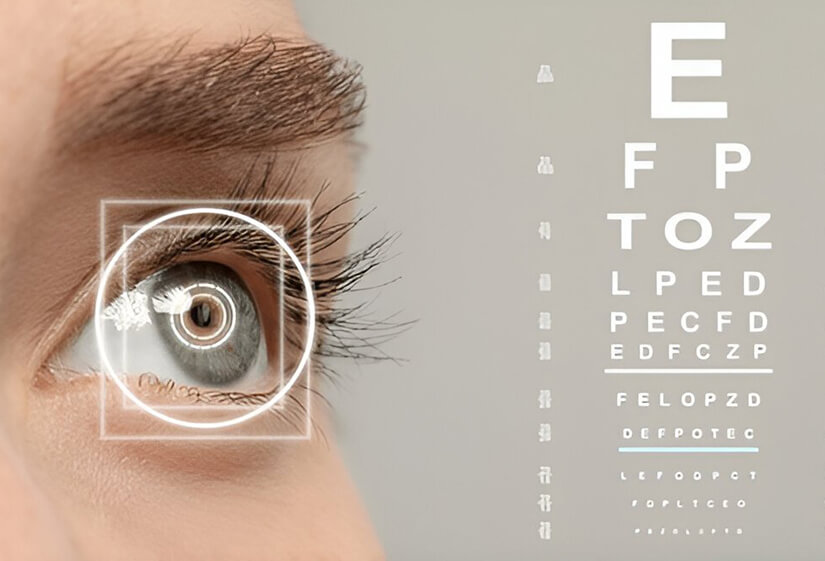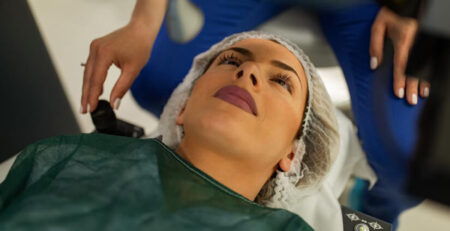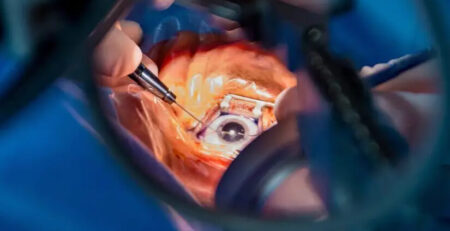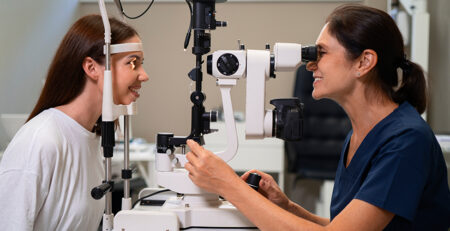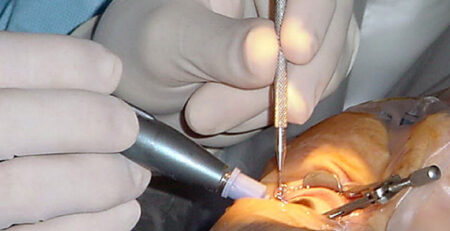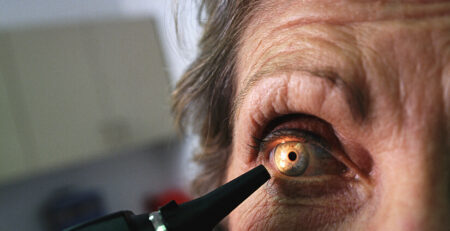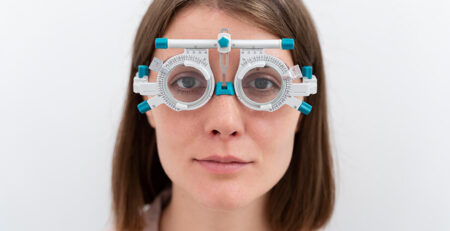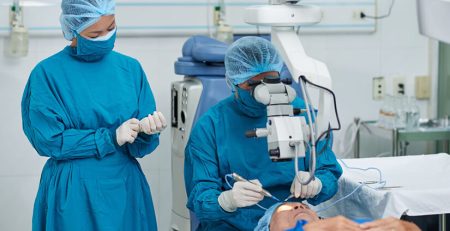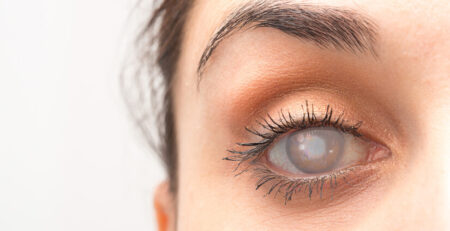What is the Average Age for Cataract Surgery?
Cataracts are often considered a problem for the elderly, but did you know that cataracts can develop much earlier than most people think? The good news is that cataract surgery is one of the safest and most effective procedures available today. But when is the right time for this surgery? Understanding the average age for cataract surgery can help you or your loved ones make an informed decision.
What are Cataracts?
A cataract occurs when the clear lens of your eye becomes cloudy, causing vision to blur. It often feels like looking through a frosted window. While aging is the most common cause, factors like genetics, diabetes, smoking, and prolonged UV exposure can accelerate cataract development.
What is the Average Age for Cataract Surgery?
The average age for cataract surgery varies depending on individual cases and geographic factors. Globally, most cataract surgeries are performed between the ages of 60 and 70. However, cataracts can develop as early as your 40s or 50s, depending on health and lifestyle factors.
In India, patients typically undergo the surgery in their late 50s to early 60s, often because cataracts develop earlier in tropical climates due to higher UV exposure. While there’s no “perfect age,” surgery is recommended when cataracts begin to interfere with daily activities such as reading, driving, or recognizing faces.
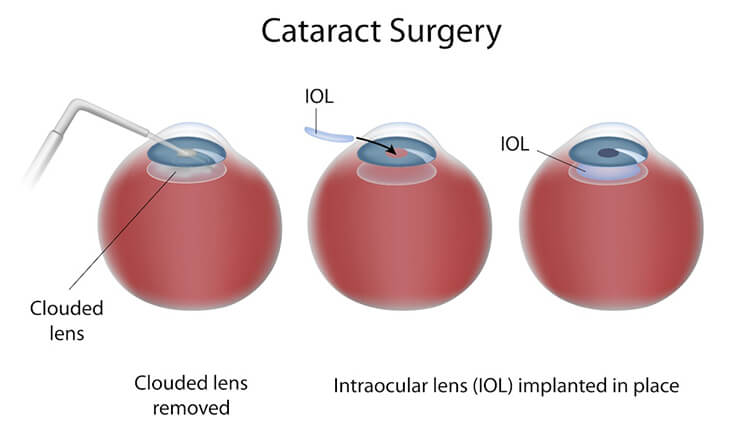
Signs You May Need Cataract Surgery
Age alone doesn’t dictate when you need surgery. It’s more about how cataracts impact your life. Here are some signs that you should consult a doctor about the cataract surgery procedure:
- Persistent blurry or foggy vision
- Difficulty seeing at night or sensitivity to glare
- Frequent changes in eyeglass prescriptions
- Colors appearing dull or faded
- Double vision in one eye
If you experience these symptoms, don’t wait until your vision worsens. Early diagnosis and treatment can prevent complications.
Factors Influencing the Timing of Surgery
- Severity of Symptoms: Some people may develop cataracts at a younger age but delay surgery until symptoms become severe. However, delaying too long can make the cataract surgery procedure more complicated.
- Lifestyle Needs: If your work or hobbies involve precise vision, such as driving or using computers, you may require surgery earlier.
- Overall Health: Conditions like diabetes can cause cataracts to progress faster, requiring earlier intervention.
Modern Advances in Cataract Surgery
Gone are the days when cataracts had to “ripen” before removal. Modern techniques, like phacoemulsification, allow doctors to remove cataracts at any stage. The cataract surgery procedure is typically painless, taking about 15 to 20 minutes, with minimal downtime.
Today’s surgeries also include options for advanced intraocular lenses (IOLs), which can correct refractive errors like myopia, hyperopia, and astigmatism. These lenses can significantly improve your quality of life post-surgery.
Why Early Diagnosis Matters?
Many people ignore early cataract symptoms, assuming they’re just a part of ageing. But untreated cataracts can lead to complete vision loss or complicate the surgery. Regular eye exams at a trusted eye hospital in Delhi can help detect cataracts early and ensure timely treatment.
How to Decide if Cataract Surgery is Right for You?
Cataract surgery is not about age alone; it’s about quality of life. If your vision problems are holding you back, it’s time to consider the procedure. Consulting an experienced eye specialist can help you weigh the pros and cons based on your unique condition.
The Role of Trusted Medical Care
Choosing the right doctor and facility is essential for a successful outcome. A reputable eye hospital in Delhi will not only provide world-class care but also offer personalized guidance to help you make an informed decision.
Protecting Your Eyes Against Cataracts
While cataracts are often inevitable, some preventive measures can delay their onset:
- Wear sunglasses with UV protection.
- Eat a diet rich in antioxidants like Vitamin C and E.
- Avoid smoking and limit alcohol consumption.
- Manage conditions like diabetes effectively.
By adopting these habits, you can maintain better eye health and delay the need for surgery.
Clear Vision Starts Here
If cataracts are affecting your daily life, don’t let them hold you back any longer. Consult Dr. Anisha Gupta, a renowned eye specialist in New Delhi, to explore your treatment options. With state-of-the-art facilities and expertise in the latest cataract surgery procedures, Dr. Gupta ensures a seamless experience from diagnosis to recovery.
Take the first step towards clear vision. Book your consultation today at a trusted eye hospital in Delhi!

